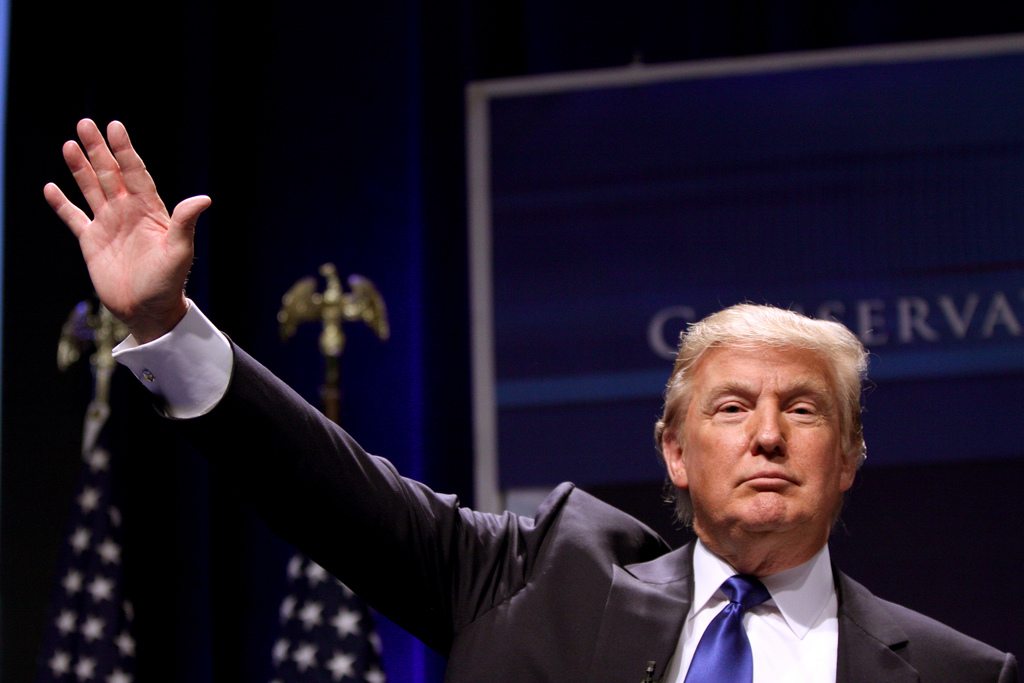A lot has been written about the fact that Trump is breaking many of the norms that have sustained our democracy. Preet Bharara and Christine Todd Whitman summarize with this:
So far, President Trump has refused to divorce himself from his business interests, despite decades of tradition. He has repeatedly tried to influence federal criminal investigations. Policymaking processes have become haphazard. And we now see worrisome attacks on the independent press. All this shows just how easily a chief executive can ignore the unwritten rules that typically constrain presidents.
That is by way of introduction to a bipartisan effort the two of them have undertaken.
Today, we’re launching an independent democracy task force at the Brennan Center for Justice at New York University’s School of Law to holistically review these informal rules, which ones should remain guidelines, and perhaps which ones should be enshrined into law. We’ll examine norms surrounding financial conflicts, political interference with law enforcement, the use of government data and science, the appointment of public officials and any other issues that may arise in the coming months. We will be joined by experts and former officials from both parties. The goal is to issue a set of recommendations, policies that can be enacted that mend the gaps in our system and ensure we have a government that functions ably, competently and with the trust of the American people.
I applaud their efforts as one of the necessary steps this country will eventually need to take in order to repair the damage the Trump administration is inflicting on this country. But I also think that a note of caution is in order. A look at some of the precedents Bharara and Whitman name as reforms that have developed as a result of abuses in the past doesn’t raise much confidence that the answer to Trumpism is better laws. They include the War Powers Act and federal campaign finance laws in the wake of the Nixon years. While those may have curbed some abuses, they didn’t even come close to providing long-term solutions.
It is possible that if the particular issue is contained with the possibility of clear, targeted solutions, laws could be crafted that would work. For example, I can imagine making it mandatory for presidential candidates running in the general election to release the last five years of their tax returns. Along those lines, however, it is difficult to imagine a law that could cover all of the possible permutations on business conflicts of interest.
None of that means that there are no solutions to a president who abuses his power. But the primary check is probably not going to be found in laws. The front line of defense is to challenge voters to think about what kind of standards they expect from politicians—particularly the president.
The fact of the matter is that almost everything we now know about Trump’s norm-breaking was obvious during the primary and general election campaigns. He lied continually, attacked anyone who crossed him, had a history of both bankruptcy and refusal to pay contractors, threatened to change libel laws in order to silence the press, suggested he would ignore international laws on things like torture and wondered why we had nuclear weapons if we didn’t use them. Those are simply examples, not an exhaustive list.
The point is that enough people in this country voted for someone like that to give him a win in the Electoral College. As long as that is true, our democracy is threatened—no matter how many laws we pass.



